EAS Colloquium Series - The Alienated Author: Alternate Visions of Authorship in Early Chinese Five-Syllable Poetry


2021 CONFERENCE
Thursday, December 9, 2021 to Saturday, December 11, 2021
Zoom (please register https://conferences.cbs.arizona.edu/jiangnan-symposium/ to receive zoom link to the symposium)
Hosted by Center for Buddhist Studies and Department of East Asian Studies, College of Humanities, The University of Arizona
Organized by Jiang Wu and Jennifer Eichman
Sponsored and Funded by Lingyin and Pu Yin Buddhist Studies Lecture Series, Center for Buddhist Studies, The University of Arizona
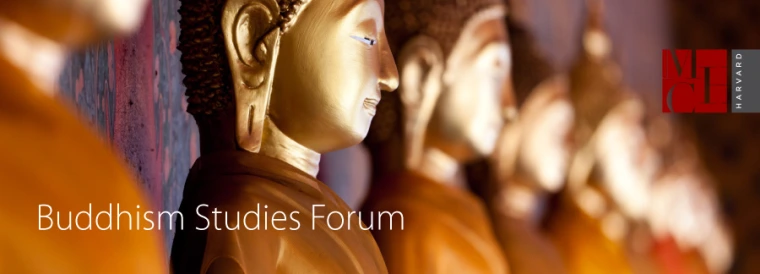
|
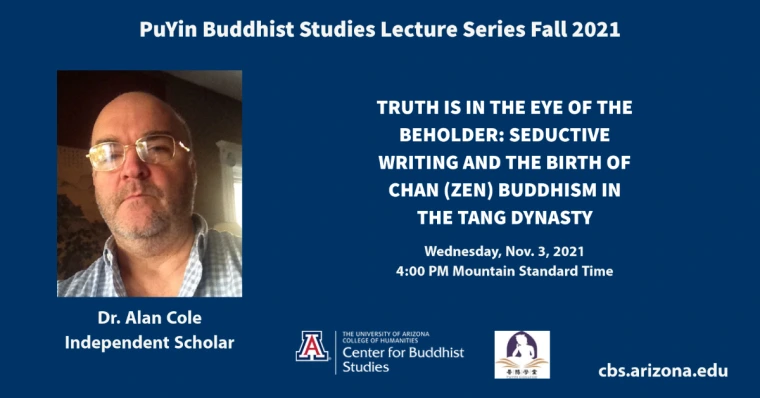

The Department of East Asian Studies in the College of Humanities at the University of Arizona invites applications for a tenure-track position at the rank of Assistant Professor in Contemporary Japanese Studies.
We are particularly interested in applicants with interdisciplinary approaches in research and teaching who broaden existing departmental strengths in history, religion, literature, linguistics, and the anthropology of East Asia. Research areas are open. We especially welcome scholars whose research on contemporary Japan focus on areas such as, for example, science and technology, visual culture, gender and sexuality, media studies, and digital humanities. The successful candidate will demonstrate a promising record of teaching and scholarship and will contribute actively to undergraduate and graduate advising. Ph.D. in hand is expected by the time of the appointment, August 2022.
The Department of East Asian Studies offers Bachelor of Arts degrees and offers programs leading to Master of Arts (MA) and Doctor of Philosophy (PhD) degrees in East Asian Studies, Chinese (modern history, religion and thought, literature, and linguistics) and Japanese (linguistics, literature, and religion).
Alumni Jacquelynn and Bennett Dorrance have made a gift commitment of $5.4 million to endow the deanship of the University of Arizona College of Humanities to bring the humanities to the forefront of the University of Arizona's life and mission through a continuous and fearless spirit of open inquiry: https://humanities.arizona.edu/about/fearless-inquiries-project.
For more information, please click here.
Through a critical examination of how the Chinese diaspora came to shape biomedicine in China and
Taiwan from 1937 to 1970, my talk makes the case for a new concept of "global medicine" in
understanding the multivalent flows of medical practices and ideas circulating the world that shaped
Chinese East Asia in the 20th century. I will explore two case studies in my book for this presentation.
The first examines how Chinese American women medical personnel established the first Chinese
blood bank in New York City and China. The second reveals how Singapore-born and Edinburgheducated
Dr. Robert Lim and his collaborators relocated the National Defense Medical Center from
China to Taiwan in 1948 despite the tumultuous Chinese Civil War. This presentation highlights the
critical intersections of scientific expertise, political freedoms, and transnational connections in
shaping global medicine through the critical examination of these two medical encounters between the
Chinese diaspora and local Chinese and Taiwanese.
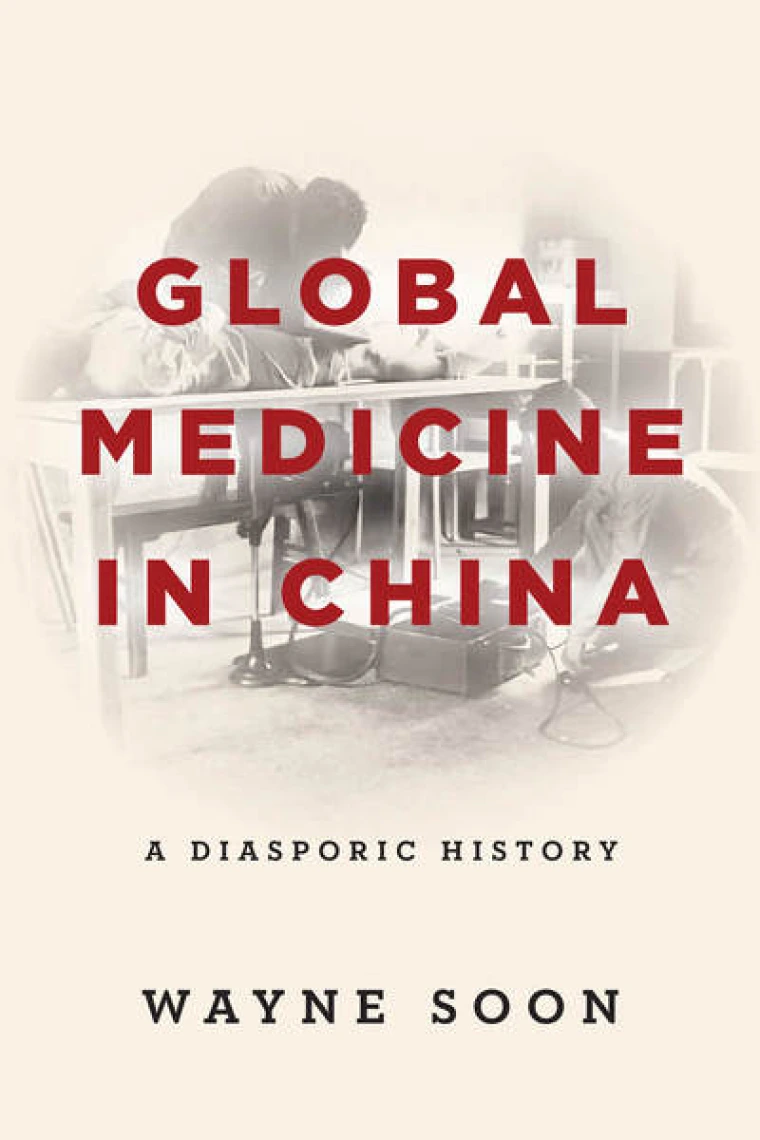
The first East Asian Studies Speaker Colloquium event of the year will be taking place Wed., Oct. 6, at 5:00pm via Zoom. Dr. Michael Hunter of Yale University will be discussing his new book, The Poetics of Early Chinese Thought (Columbia, 2021). This is a public talk. Please see the attached flyer for further details.
Talk Title: The Classic of Poetry at the Foundations of Classical Chinese Philosophy
Abstract: The standard narrative of ancient Chinese thought for the last hundred years or so has one very big blindspot: poetry, and especially the Classic of Poetry (Shijing 詩經), which was by far the most widely known and influential corpus of the Warring States period. Drawing on material from his recently published book (The Poetics of Early Chinese Thought: How the Shijing Shaped the Chinese Philosophical Tradition; Columbia UP), Prof. Hunter will present his reading of the ideology of the Classic of Poetry and show how that ideology reverberates throughout the early textual record.
Bio: Prof. Hunter is an associate professor in the Department of East Asian Languages and Literatures at Yale University. His first book, entitled Confucius Beyond the Analects, argues that extant Confucius material from the early period is much bigger, more dynamic, and more interesting than what the early imperial Analects suggests.
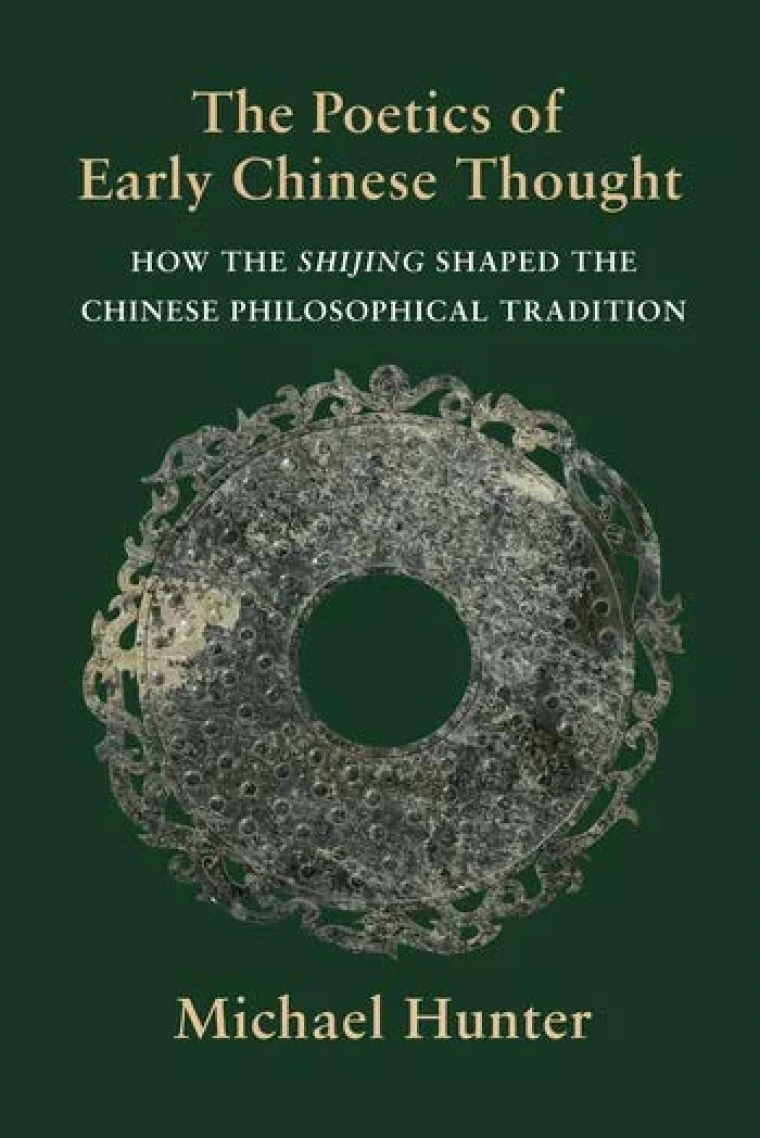
Stories of transformation abound in our world—in mythology, folklore, literature and real life. Shapeshifters alter form, disguises alter appearance and journeys alter character. But over time, through telling and re-telling, stories themselves transform as well. And perspectives can shift understanding, so a hero in one land becomes a monster in another. In this presentation, explore stories of transformation and stories that transform, across the globe, from ancient to modern times, and consider what our ever-changing stories reveal about human nature.
College of Humanities Faculty Panelists:
Jennifer Donahue, Associate Professor of Practice, Africana Studies
Faith Harden, Associate Professor, Spanish & Portuguese
Kaoru Hayashi, Assistant Professor, East Asian Studies
Arum Park, Assistant Professor, Religious Studies & Classics
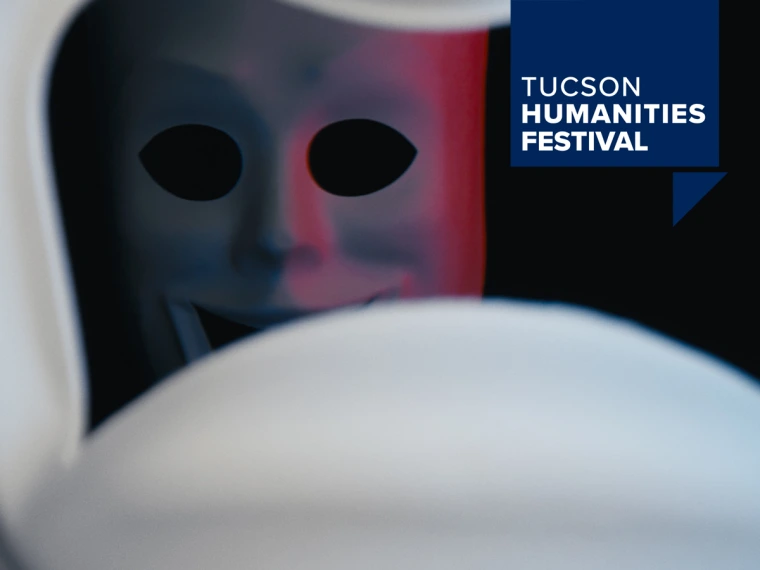
Filmmaker Renee Tajima-Peña’s award-winning PBS docuseries Asian Americans is the most ambitious chronicle of the Asian American story in the United States. Told through individual lives and personal histories, Asian Americans explores the impact of this group on the country’s past, present, and future. The series traces the significant role of Asian Americans in shaping American history and identity, from the first wave of Asian immigrants in the 1850s to the social and cultural turmoil of the twentieth century to modern refugee crises in a globally connected world. Tajima-Peña will share the details of her journey crafting this groundbreaking series.
* Live Stream will be available.
Sponsored by Arizona Humanities.
REGISTRATION TO BE ANNOUNCED. This is a free event with limited seating and registration will be required. Sign up for an event reminder to be notified when registration opens.
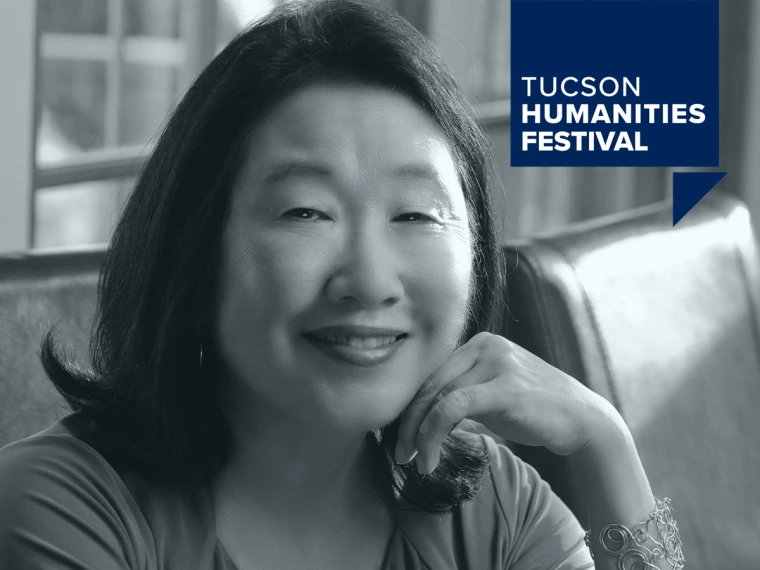
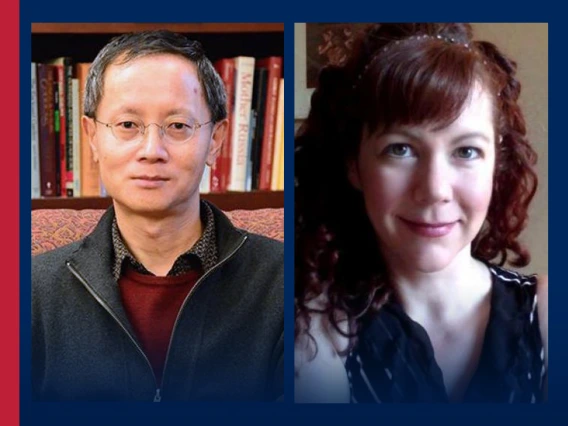
Two professors in the East Asian Studies Department have been promoted, demonstrating excellent performance in teaching, service and research.
Dr. Maggie Camp is promoted from Assistant Professor to Associate Professor of Practice.
Dr. Hai Ren is promoted from tenured Associate Professor to tenured Professor.
Camp specializes in Japanese linguistics and is an affiliated faculty member in Gender and Women’s Studies. She received her BA in Japanese and Linguistics from the University of Michigan, Ann Arbor and her MA and Ph.D. from the University of Arizona. She also studied at the Inter-University Center for Japanese Language Studies in Yokohama, Japan, and was a Fulbright Graduate Research Fellow at Keio University in Tokyo, Japan. Dr. Camp’s dissertation examines the relationship between gender and language in Japanese through the lens of sexuality, looking specifically at differences between the speech of Japanese lesbian and heterosexual women. Her current research interests include sociolinguistics, sociophonetics, experimental phonetics, gender/sexuality, language ideology, and second language teaching and use.
Ren (任海) is a Professor of East Asian Studies and Anthropology, an affiliated faculty in Gender and Women’s Studies, and Social, Cultural & Critical Theory. He is also a Distinguished Professor in the Department of Sculpture at Sichuan Fine Arts Institution in Chongqing, a top-ranking sculpture program in China. He received his BA in History and Archeology from Sichuan University in Chengdu, China, and a MA in Museum Studies and a Ph.D. in Sociocultural Anthropology from the University of Washington in Seattle. His current research interests include socially engaged art, public history, object-oriented anthropology, urban studies, comparative media and technology, public humanities and digital humanities, popular culture, and critical theory. He has written two books on social and cultural transformations of contemporary China:Neoliberalism and Culture in China and Hong Kong: The Countdown of Time(Routledge, 2010) and a sequel The Middle Class in Neoliberal China: Governing Risk, Life-Building, and Themed Spaces(Routledge, 2013).
Kharen Morgan, graduating with degree in Applied Humanities: Public Health Emphasis and East Asian Studies: Chinese Language Emphasis, has received the 2020-2021 Native American Student Affairs Outstanding Undergraduate Student Award.
A member of the Navajo Nation from Tuba City, Morgan intends to pursue a career in medicine and epidemiological research, with a focus on serving tribal communities.
As an undergraduate, Morgan shadowed scientists in the Arizona Cancer Center and interned with the Rocky Mountain Tribal Epidemiology Center, creating health outcome reports and presentations for tribal leaders, said Stephanie Springer, Internship Director and Senior Lecturer in the Department of Public and Applied Humanities.
Morgan also interned with the Asian Pacific American Student Affairs office, promoting mental health awareness to combat health disparities, and worked as a data analyst and student office assistant for the university’s Initiatives for Organizational Inclusion.
“I’d like to thank my family and mentors for their support in my academics and future endeavors experience. For my family, I appreciate the support you have given me over the past year. As for my mentors: Jane, Trinity, Kenny, and Stephanie, thank you for allowing me to work alongside APASA, the Student Centers, and providing the opportunity in participating in the many internships this year. Ahéhee,” Morgan said during the NASA Virtual Convocation ceremony.